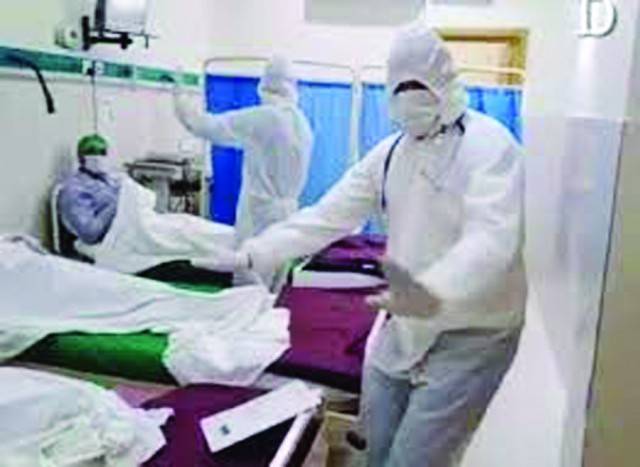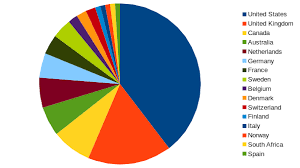
There are approximately 3,965 medical colleges/schools in 195 countries in the world as per the World Directory of Medical Schools. The distribution of these medical colleges in the world is very uneven.
Twenty countries do not have a single medical college, out of these 20 countries, six countries are in Europe, six in Oceania, five in Africa and three in Asia. Around 93 countries have five or less than five medical colleges. Eight countries have more than 100 medical colleges and 16 countries have more than 50 medical colleges.
Out of these total 3,965 medical colleges, Asia 48 countries have 1,865 (47%) medical colleges, Latin America 33 countries have 894 (23%) medical colleges, Europe 44 countries have 559 (14 %) medical colleges, Africa 54 countries have 368 (9%) medical colleges, North America (USA and Canada) have 215 (5%} medical schools, Oceania 14 countries including Australia and New Zealand have 38 (1%) medical schools.
In number of medical colleges India is number one with 661 medical colleges registered in India NMC, out of these 555 Indian medical colleges are listed in the World directory, Brazil is number two with 348 medical colleges, USA is number three with 198 medical schools, China is number four with 191 medical colleges, Mexico is number five with 147 medical colleges, Pakistan is number six with 127 medical colleges, Turkey is number seven with 109 medical colleges, Bangladesh is number eight with 102 medical colleges. India alone has more medical college then all of Europe 44 countries.
In QS World University Rankings 2022 in Medicine, Harvard Medical School is number one with 99.5 score, the University of Oxford Medical School in the United Kingdom is number two with 95.7 score, Stanford University medical School is number three with 93.7 score. Out of top ten medical schools five are in USA, four are in UK and one is in Canada.
The Medical college/school rankings criteria are based on:
- Academic reputation: determined by surveys of faculty, students, and medical professionals.
- Research output: the volume and impact of a school's research publications
- Student selectivity: the competitiveness of the school's admissions process,
- Student outcomes: the success of a school's graduates in securing residencies, passing postgraduate/licensing exams, and other measures of career success.
- Faculty expertise: the quality and experience of a school's faculty members, including their research and clinical experience, as well as their teaching ability.
- Resources and facilities: the quality of a school's facilities, including building ,class rooms, labs, libraries, and clinical training sites, as well as the level of financial support provided to students and faculty.
These medical colleges/schools in the world are not sufficient to meet the demand of doctors. There are approximately 13 million physicians worldwide, out of these India leads with 1.4 million physicians and USA is number two with 1.1 million physicians.
The WHO estimates a global shortage of 2.8 million physicians, with severe deficiencies especially in low and middle-income countries (LMIC). This physician shortage is exacerbated by physician brain drain, with some high-income countries (HIC) drawing as much as one-fifth of their physician workforce from LMICs. The LMICs lose almost US$ 16 billion annually due to physician migration to HICs. The greatest total costs are incurred by India, Nigeria, Pakistan and South Africa.
In March, 2012, the New York Times magazine published an article titled: ‘America is stealing the world’s doctors’. The article featured the story of a Zambian doctor who left his country in pursuit of a career in the USA, where salaries are nearly ten times then that at home, when asked will he return to Zambia He looked at the table and said, “The heroes are the guys that stayed. They didn’t quit, and they didn’t run away.”

